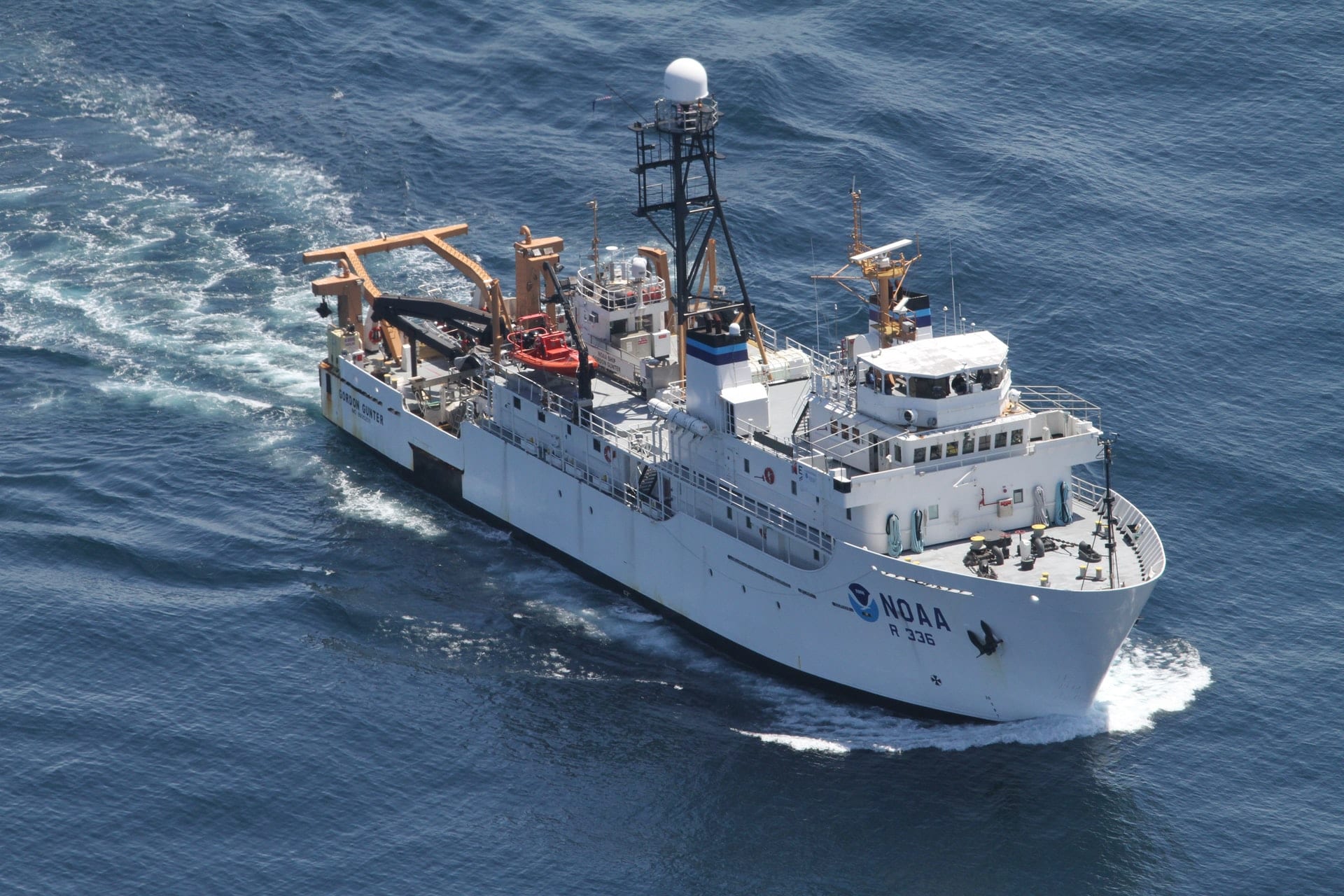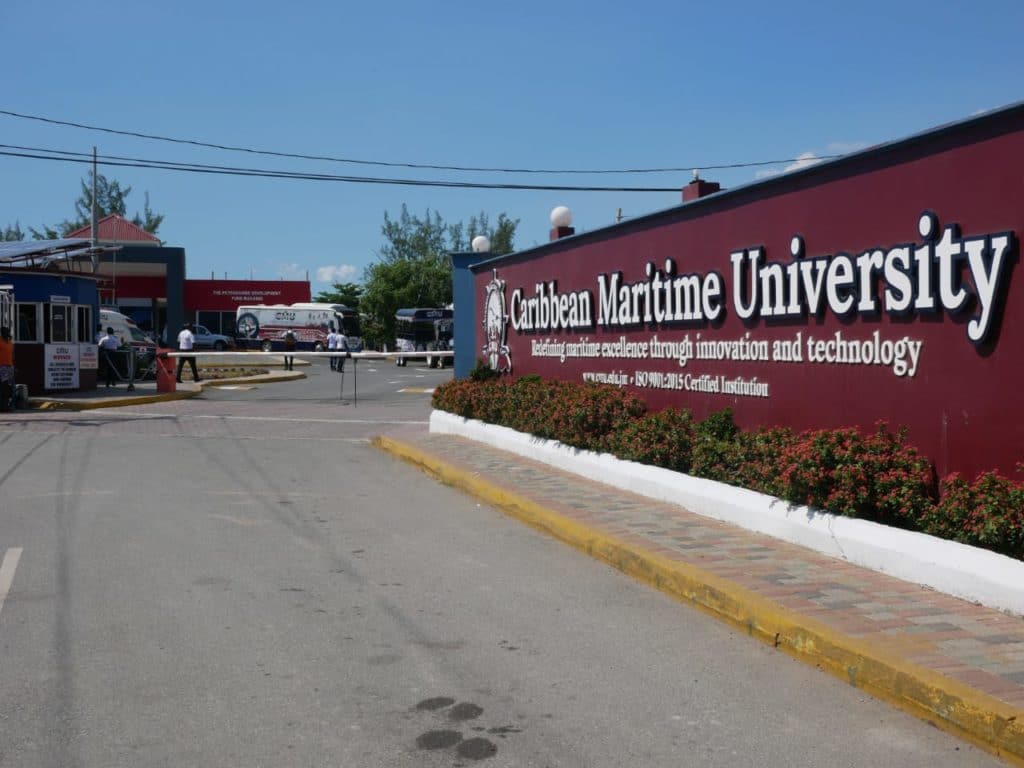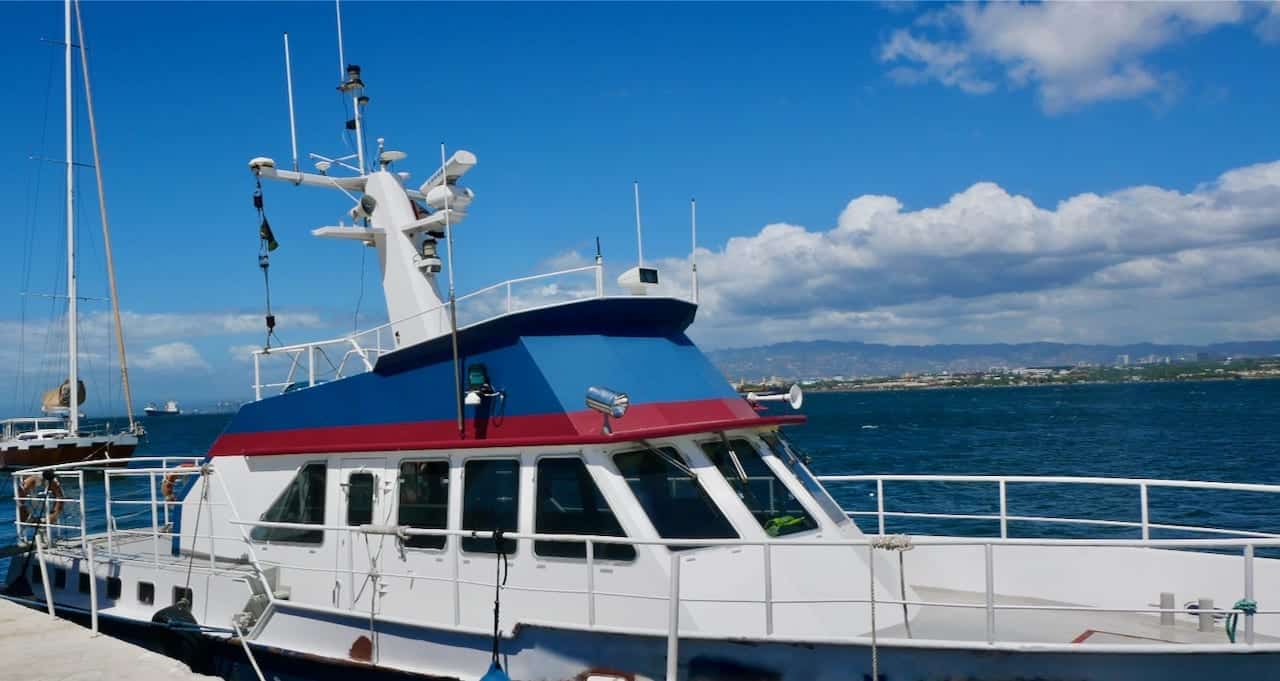Consequences and perspectives for the CMU
Almost everywhere you can hear: “After Corona, nothing will ever be the same again.” This sentence still reflects the astonishment at how quickly and radically everyday life has changed. But I firmly believe that all this will be over someday. And then it will remain unforgotten how important such “old-fashioned” things as a well-functioning state, reliable politicians and professional media are. How existential law enforcement is, how vital safe water and electricity supply is, and how crucial our workers in the health service, in the hospitals, in the food industry, and the supermarket around the corner are. And that new tech and digitalization are necessary, indispensable for our schools and universities.
It is still too early to see clearly how the current crisis changes our society, how we will live together after COVID-19, and what impact the pandemic will have on the economy. But it seems inevitable: There will be no seamless continuation of the times before the pandemic, not an easy and quick status quo ante.
A lot of different questions are running through my mind. Is COVID-19 a turning point or a starting point? Will we be changed after the crisis? And if so, shouldn’t the aftermath be something better? Shouldn’t the world after COVID-19 be more ecological and just, safer and friendlier, and more respectful? What comes, what stays, and what urgently needs to be changed? Will there be a new world order after COVID-19? I think that is very likely, something we have to discuss on another occasion.
We must see the crisis as an opportunity and rethink the world. Let yourself be “infected” with good ideas and let us “infect” others with them.
COVID 19 is causing a very serious situation worldwide and in Jamaica. As we all know, the probability of a severe course of the disease increases with age and existing pre-existing conditions. The burden on the health system can exceed its capacity. The course of the disease depends on the duration, consequences, mutation, mortality rate, and availability of vaccines. We will likely have to reckon with a long-lasting, exceptional situation and a periodic recurrence of the coronavirus.
In every country, there are many examples of the strength and resistance of the human spirit – doctors, nurses, political leaders, and ordinary citizens. Therefore, I am convinced that people all over the world will rise to this extraordinary challenge. I think our task is to avoid a complete return to what was considered “normality” before the corona crisis. The priorities of human coexistence are visible through the crisis because those simple things that are necessary to sustain human life according to Maslow’s Hierarchy of Needs are given priority. These include air, water, food, sleep, reproduction, and shelter. Only when these physiological needs are relatively well satisfied, do follow the requirements for physical and mental security, basic material security, work, housing, family, and health. The crisis makes these priorities more conscious again.
Three Mega-Trends
In the international discussion about the impact of COVID-19 we can see at least three (mega-)trends:
Return of the nation-state
COVID 19 shakes the foundations of our economic and social coexistence – indefinitely. We experience an uncontrollable collapse of our everyday life and the world as we knew it. The virus will bring back the nation-state all the way, brings back the importance of borders, and strengthens the role of nations. Citizens are relying on governments to organize a collective defense against the pandemic and to save the economy. Lesson learned: When things get serious, only the nation-state can be relied upon. This national egoism not only governs the EU – around the globe, the motto is: Our nation first. The reactions to the crisis are narrowly national, even sometimes brutally selfish. That is the dark side of the return of the nation-state
Erosion of Multilateralism
COVID-19 shows us in a flash that we live in a global village in which Wuhan and New York, Kingston and Berlin are connected. Seldom has international cooperation been so necessary, rarely has it been so difficult, because in a crisis everyone thinks of himself first. Without international cooperation, this pandemic can be managed as little as other global crises. Cooperation is necessary for the production and distribution of protective goods, joint medical research and mutual assistance in medical care. In coping with economic consequences and in its volume, it cannot yet be foreseen: reconstruction and investment programs to mitigate the socio-economic implications of the crisis. In which direction could international cooperation develop? It could lead to more isolationism with less mutual trust – a development we have already observed in recent years. But the trend could also go in the opposite direction. If countries realize how interdependent we all are and that we are exposed to the same dangers.
De-globalization
Many observers are expecting the end of globalization or a de-globalization. That would be a big catastrophe. Because many countries today are not able to survive on their own. If international trade stops, this will lead to mass famine and riots on the streets. But as we see in the return of the state and big government, the nations will focus on more national resilience and, at the same time, trying to adapt the globalized economy more to their needs.
Impact for the other global crisis – the Climate Change
The sky over several parts of the world is bluer than it has been for a long time. Satellite images show that the COVID-19 lockdown has drastically reduced air pollution. The climate is breathing a little easier because of the standstill in public life. The short-term effect will also fizzle out very quickly when production starts up again, and the chimneys start smoking again.
We have to observe that national isolation strategies are being used to cope with the crisis. In some places, the danger of authoritarian solutions is growing (like in Hungary). Quite a few also fear that, under the dominance of the crisis, equally important issues such as global warming and loss of species will, in the long term, fade into the background or even be devalued. The automotive industry in Germany for example is already coming out to argue to overturn the stricter EU climate regulations. Discussions started to suspend planned climate policy measures. All this is aimed at a new start: Back to business as usual. For despite all the concern and fear about COVID-19, we must not forget: climate change and species extinction are dramatic social, ecological, and economic crisis scenarios. We now have the chance to act differently as a society; we have the task to avoid a complete return to what was “normality” before the crisis. But this we will like to discuss in another paper.
Impact for Higher Education
COVID-19 will leave no sector in any country in the world unaffected, and its consequences will be felt for years to come. That applies to the higher education sector as well. According to the latest figures released by UNESCO (April 15., 2020), more than 1.57 billion learners around the world were not able to attend school or university.
My university has gone over to putting courses online because of the risk of infection. I hope, of course, that one day we will return to the lecture hall.
Home office has become now and, for the time being, an important social issue. In the home office, we are not only working online and participating in video conferencing but there also the “home kids” around. They were also sent home a month ago. And so home office is followed by home schooling (learning). Here is not the place to discuss the social difficulties which are based on differences in income and social status or the different network coverage between center and periphery.
It is a huge experiment that we would not have dared to undertake otherwise, and we can learn a lot from it for the time after the crisis. Entire countries and their educational system are now a vast social experiment laboratory.
If a technology existed that could completely take over the pedagogical instruction, the answering of questions and the monitoring of learning success, home office would no longer be so bad, and home schooling would be successfully outsourced to the technology. But we also have a strong feeling that the information systems and artificial intelligence can neither think pedagogically nor didactically. Therefore, it could be challenging to work successfully with young people.
Nevertheless, beyond our feeling based on our own experience, we should invest in qualitative leaps in e-learning or technical equipment for mobile working. The productivity boosts triggered by these investments could have an impact far beyond the current crisis.

International Cooperation with the academic network and other Universities
In the past, we saw a massive interest of students from developing countries to move to the developed world to pursue higher education. We were able to attract a lot of international students from abroad to come to Jamaica and to study at the CMU. The primary goal of these exchange programs and international education is to broaden knowledge and cultural understanding, learning about different places and cultures, and gaining intercultural skills in the process. All efforts by countries to attract international students is highly threatened by COVID-19. The issues of travel ban, the prohibition of social gathering, and quarantines significantly impact education at all levels both within countries and internationally.
COVID-19 will also exacerbate weaknesses in higher education business models, particularly without an adequate online strategy. We should develop investments in programs that support education delivery systems that are better able to withstand a variety of crisis scenarios, from pandemics to natural disasters or economic downturns.
Jamaica had no choice but to close its higher education institutions as part of its measures to contain the spread of the virus. And we had no option but to have recourse to the use of information and communications technology (ICT) to deliver our programs online at a distance to our enrolled students.
As COVID-19 is impacting the whole world, and Europe, the US, and China appear to be the hardest hit, can we continue to rely on research funding from these sources? Several of these countries will probably end up in a recession, and their higher education institutions will understandably give priority to their situation rather than supporting international research collaboration. How, then will research projects already initiated be maintained? To what alternative sources of funding can we turn to undertake our research? But each sector needs to start reflecting on the impact of COVID-19 and assessing its possible consequences.
COVID-19 presents us with an epochal challenge.
The whole world is facing it. That is why it is vital to master it well and together. Let yourself be “infected” with good ideas and let us “infect” others with them.
Strategy for the CMU
The COVID-19 crisis underlines the urgent need for more cooperation and integration into the international network of universities and their research programs. We should develop some essential and meaningful initiatives which can bring us in a position to be a valuable and crucial international partner. Here are some proposals.
A: Strengthening international cooperation
E-learning/teaching (home learning and home teaching) is more than videos or podcasts of a lecture. It requires a new understanding and a new concept with modern technology, like AI and others. We have to understand how technology is transforming industries and teach the critical tech skills that companies are looking for in their workforce. We should intensify our networking with other universities to improve and to strengthen the online learning capacity. As an institution of higher education in a developing country, we should concentrate our activities to find formal collaborative agreements with similar institutions in developed countries. Different states will start in various stages to re-open or to re-start their societies and economies. Therefore, we should have a consistent strategy for cooperation.
B: Establishing a National/Regional Disaster Training Centre and National Disease/Disaster Emergency Facility at the CMU main campus
The main campus of the CMU is close to the airport and has an independent jetty (docking) possibility. We are partly independent of water and power supply, and an essential advantage is in access control and security (only one road leads to the main campus). We could prepare the different auditoriums and other relevant space as an additional emergency capacity for the health service and/or disaster/disease response teams.
C: Increasing Sustainability and Investment in national Food Security
The COVID 19 crisis has shown the importance of a national strategy to ensure more independent food supply. A pilot project to establish an Open Sea Cage System (Mariculture) could be a significant step towards strengthening national resilience and improve and diversify national food security. Much of the research underlying such a project has been done by the University of California (study about “The ecological and economic potential for offshore mariculture in the Caribbean”), and we could launch a promising pilot project in close cooperation with other universities and companies.
D: Reducing dependency from fuel importation for power production
Most of the land could be in the future in need of an extension for agriculture to improve national sustainability and crisis resilience, which means limited space for wind and solar energy. An alternative could be Marine Renewable Energy – MRE (like wave, tidal, current power) or more promising for the Caribbean Sea, Ocean Thermal Energy Conversion – OTEC. I see here a possibility for cooperation with IRENA and JPS. Also, it should be considered an initiative to give incentives to expand renewable energy, like a 1.000 roof program (solar panel on each roof).
E: Cooperation in the international fight against Sargassum Seaweed
When the global tourism industry comes back to life, I expect increased international competition for the same target group. Everyone wants the same tourists. It will be all the more important to be able to offer “perfect” (environmental) conditions. In this context, the fight against the omnipresent and increasing problem of Sargassum Seaweed will be of great importance. The already-planned project, in cooperation with TEF and MIT should be pursued further shortly because it can give Jamaica a competitive advantage in that crucial sector of our economy.






